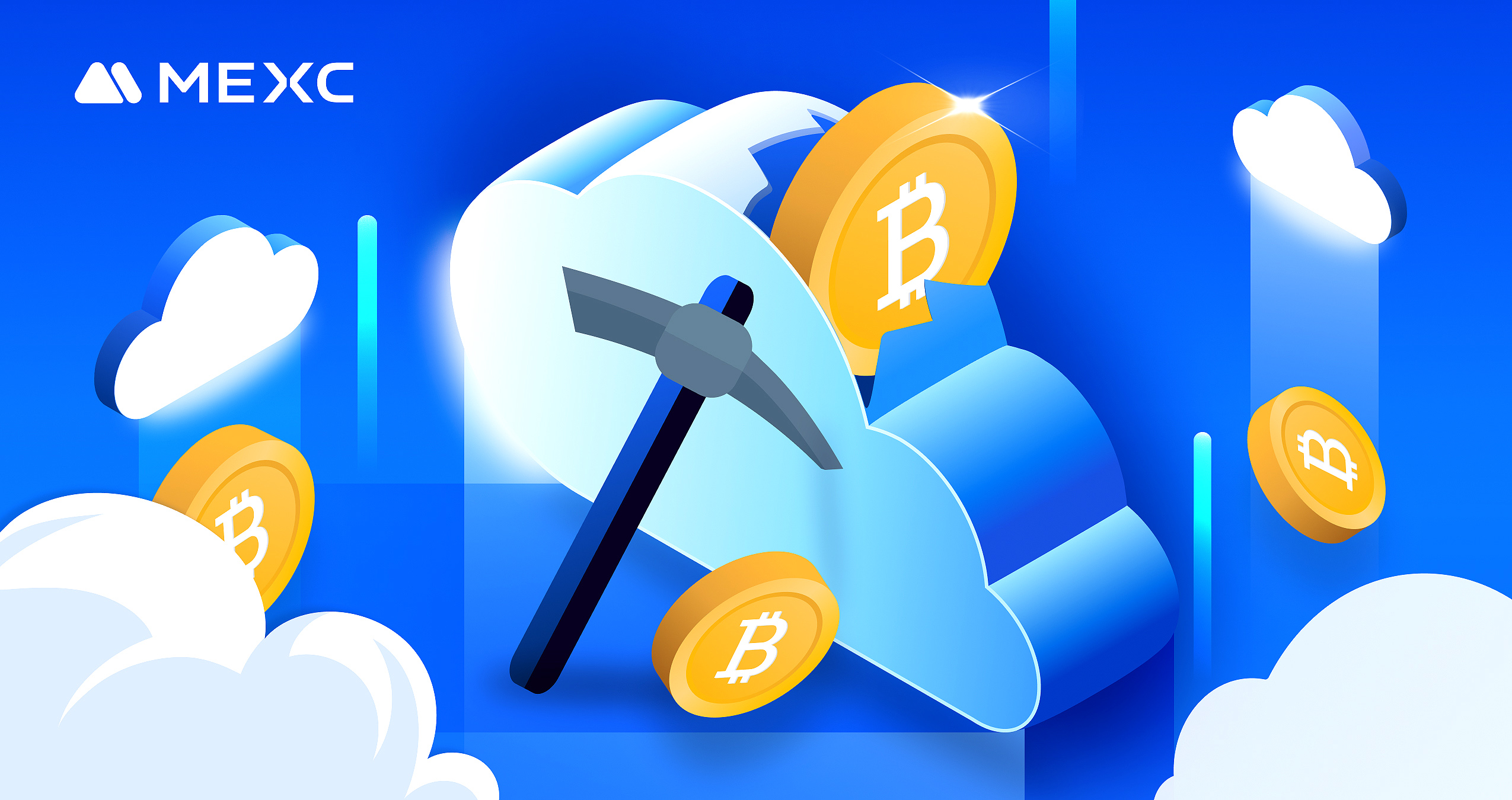There is a famous saying in the cryptocurrency ecosystem: “Not your crypto, not your coin”.
A lot of crypto enthusiasts or those watching from afar might not know the significance of that phrase until this year.
It made more sense after the collapse of the second biggest exchange FTX, which led to a lot of crypto enthusiasts and corporation losing their funds. Is it time to purchase a hardware wallet?

How the FTX Crash started
The issue started when Coindesk reported that there are someone missing a hole in the balance sheet of Alameda’s research, which reflects the now-bankrupt trading firm might be solvent.
The result is a Twitter war between two heavyweights in the cryptocurrency industry, CZ the CEO of Binance, and SBF the CEO of the Embattled exchange FTX.
On November 6, Binance, the world’s largest cryptocurrency exchange, announced that it would be selling all of its FTT tokens. At the time, it is valued at approximately $529 million. The decision to sell the 23 million FTT tokens was reportedly based on risk management concerns, following the decline of the Terra (LUNA) cryptocurrency earlier in 2022. Binance CEO Changpeng “CZ” Zhao made the announcement on his Twitter account.
There was a rebuttal on Twitter which is now deleted by FTX CEO Sam-Bankman Fried on Twitter that CZ is trying to attack a competitor and gain a monopoly over the CEX( Centralized Exchange) business in the cryptocurrency industry.
Caroline Ellison, CEO of Alameda Research, dismissed concerns about the financial health of her firm as unfounded rumors. She stated that the CoinDesk report only covered a part of Alameda’s balance sheet and that the trading company actually had more than $10 billion in assets that were not included in the report.
Less than 24 hours after SBF (the owner of FTX) reassured the public that his exchange’s assets were secure, reports emerged that the exchange had stopped allowing users to withdraw their funds. This was the first visible sign of difficulties at FTX since the problems began on November 2.
A few hours later, there was a glimmer of hope as Binance announced that it had signed a nonbinding agreement to acquire FTX, following a request for assistance from SBF.
The cryptocurrency market responded positively to the news, but it was later revealed that the much-anticipated bailout would not go through.
What is the Way Forward for Crypto?
If people feel that they can no longer trust CEX, then what is the alternative?
The alternative is a non-custodial wallet that allows you to have full custody of your private keys.
The reason FTX was able to halt withdrawals is that they have access to the private keys of the users and the users don’t have control over it.
What is a Non-Custodial Wallet?
A non-custodial wallet is a type of cryptocurrency wallet where the user is in full control of the private keys that secure their digital assets. This means that the wallet owner is responsible for keeping their private keys safe. In fact, no one else has access to them. Non-custodial wallets offer a higher level of security than custodial wallets. Meanwhile, third-party such as exchanges hold custodial wallets. However, this also means that the user is solely responsible for their own security and must take steps to protect their private keys, such as by making regular backups.
Examples of Non-Custodial Wallets
AirGap Wallet
AirGap is a cryptocurrency wallet and security platform that aims to offer a high level of security for digital assets. It consists of two main components: the AirGap Wallet and the AirGap Vault.
The AirGap Wallet is a mobile app that allows users to manage their digital assets on their smartphones. It connects to the AirGap Vault, which is a separate, offline device that stores the private keys for the wallet. The AirGap Wallet and AirGap Vault communicate with each other through a process called “airgap signing”. It allows the user to sign transactions on the AirGap Vault without exposing the private keys to the Internet or other networks.
The AirGap Vault can be a dedicated hardware device, such as a Ledger Nano, or a computer with a clean operating system installation. It is not connected to any network, which makes it very secure. The user can access the AirGap Vault through the AirGap Wallet app on their smartphone, which allows them to sign transactions and manage their digital assets.
The AirGap wallet and AirGap Vault are developed by Papers. It is a company that specializes in creating secure solutions for the management and storage of digital assets. The goal of the AirGap platform is to offer users a simple and secure way to manage their digital assets. They also provide a high level of security and privacy.
One of the main advantages of an airgap wallet is that it offers an extremely high level of security. It is completely isolated from the Internet and other networks. However, it also requires the user to be more careful and organized in order to manage their digital assets. They must take steps to ensure that the signed transactions are transferred safely and securely.
Trust wallet
Trust Wallet is a mobile cryptocurrency wallet that supports Ethereum and over 20,000 different Ethereum-based tokens (ERC-20, ERC-223, and ERC-721), as well as other blockchain assets. It is available for free on the App Store and Google Play.
One of the key features of Trust Wallet is its security. It uses secure enclave technology to protect user keys and transactions. It also does not have access to users’ private keys. In addition, it offers a variety of security measures such as biometric authentication, password protection, and screen lock to protect against unauthorized access.
Trust Wallet also has a user-friendly interface, making it easy for users to manage their cryptocurrency portfolio. It allows users to view their balance, send and receive transactions, and interact with decentralized applications (DApps). It also integrates with popular decentralized exchanges (DEXs) such as Kyber, Bancor, and 0x. This allows users to buy and sell tokens directly within the wallet.
Another notable feature of Trust Wallet is its support for hardware wallets such as Ledger Nano and Trezor. This allows users to securely store their assets offline and sign transactions using their hardware wallet.
Overall, Trust Wallet is a secure and convenient way for users to manage their cryptocurrency portfolio.
Ledger
Ledger is a hardware wallet that stores and manages cryptocurrency assets. It allows users to store their private keys offline. This helps to secure their assets against online threats such as hacking and malware.
Here are some key features of Ledger hardware wallets:
Security: Ledger wallets use a combination of secure hardware and software. It protects the private keys that give access to a user’s cryptocurrency assets. The hardware component is a small, portable device that stores the keys. Meanwhile, the software component is a set of applications that run on the device and allow the user to manage their assets.
Compatibility: Ledger wallets support a wide range of cryptocurrencies, including popular ones like Bitcoin, Ethereum, and Litecoin. The company also releases updates regularly to support new cryptocurrencies as they become available.
Ease of use: Ledger wallets are easy to use, even for users who are new to cryptocurrency. The devices come with a simple interface and clear instructions, and users can manage their assets using the Ledger Live application, which is available for desktop and mobile devices.
Portability: Ledger wallets are small and portable, making them easy to carry around and use on the go.
Overall, Ledger is a well-regarded and secure option for storing and managing cryptocurrency assets.
Conclusion
The usage of self-custody wallets will definitely increase in 2023, although some exchanges like Binance and FTX have their own funded self-custody wallet Trustwallet and Ledger respectively.
Those who have their crypto on the self-custodial arm of FTX (Ledger) have access to their crypto. However, the same cannot be said for those that kept their crypto on FTX, the centralized exchange arm.
The CEO of Binance also advocates for the use of self-custody wallets, although he believes only a handful of people can handle self-custody wallets.
The events of 2022, have set the pace for the usage of self-custody wallets in 2023.
Personal Note From MEXC Team
Check out our MEXC trading page and find out what we have to offer! You can learn more about crypto industry news. There are also a ton of interesting articles to get you up to speed with the crypto world. Happy trading!
Join MEXC and Get up to $10,000 Bonus!
Sign Up


